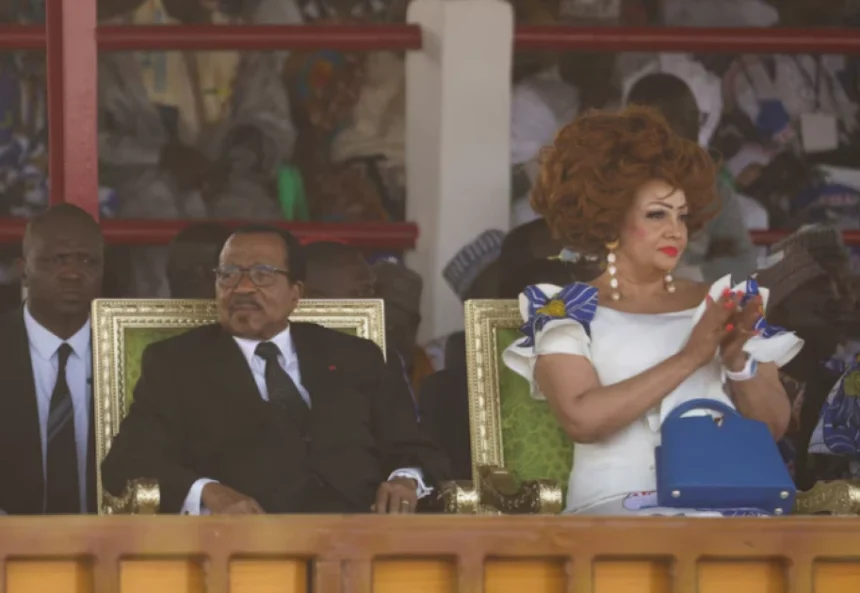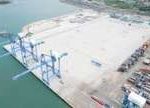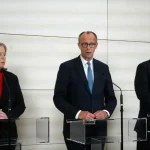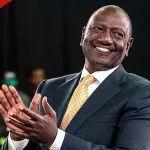Cameroon is holding a highly anticipated presidential election, with long-serving leader Paul Biya seeking another term to extend his more than 40-year rule, one of the longest in the world.
The 91-year-old president, who has ruled the Central African nation since 1982, faces several challengers — though opposition figures and analysts say the election remains heavily tilted in his favor due to state control, political repression, and limited media freedom.
“This election is more about survival than democracy,” remarked one political analyst in Yaoundé. “Biya’s government has entrenched itself so deeply that real competition is nearly impossible.”
A Contested Political Landscape
Biya’s Cameroon People’s Democratic Movement (CPDM) continues to dominate national politics, controlling most state institutions and regional administrations. Opposition parties have accused the ruling elite of intimidation, manipulation of voter rolls, and misuse of state resources to secure victory.
The opposition, led by figures such as Maurice Kamto of the Cameroon Renaissance Movement (CRM), has urged citizens to vote massively despite fears of fraud and political violence.
“The people of Cameroon deserve change. They deserve a future beyond one man’s rule,” Kamto said during a campaign rally.
Security and Economic Tensions
The election comes at a time when Cameroon faces multiple crises — from an ongoing Anglophone separatist conflict in the west to economic struggles caused by global inflation and corruption.
In several regions, reports indicate low voter turnout due to insecurity, while international observers have raised concerns about restricted media coverage and human rights violations.
Biya’s Legacy and Future
At 91, Paul Biya remains one of Africa’s oldest and longest-serving leaders, often governing from abroad amid questions about his health and succession plans.
His supporters credit him with maintaining stability in a region prone to unrest, while critics accuse him of authoritarianism, corruption, and stifling dissent.
If re-elected, Biya would extend his presidency into a fifth decade — a record that underscores both Cameroon’s political continuity and stagnation.
Conclusion
As votes are cast and counting begins, Cameroon stands at a crossroads between continuity and change. Whether Biya secures yet another term or the opposition stages an upset, the outcome will shape the country’s democratic trajectory for years to come.










